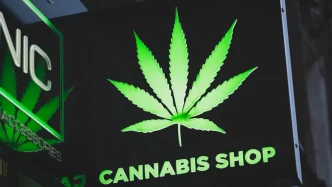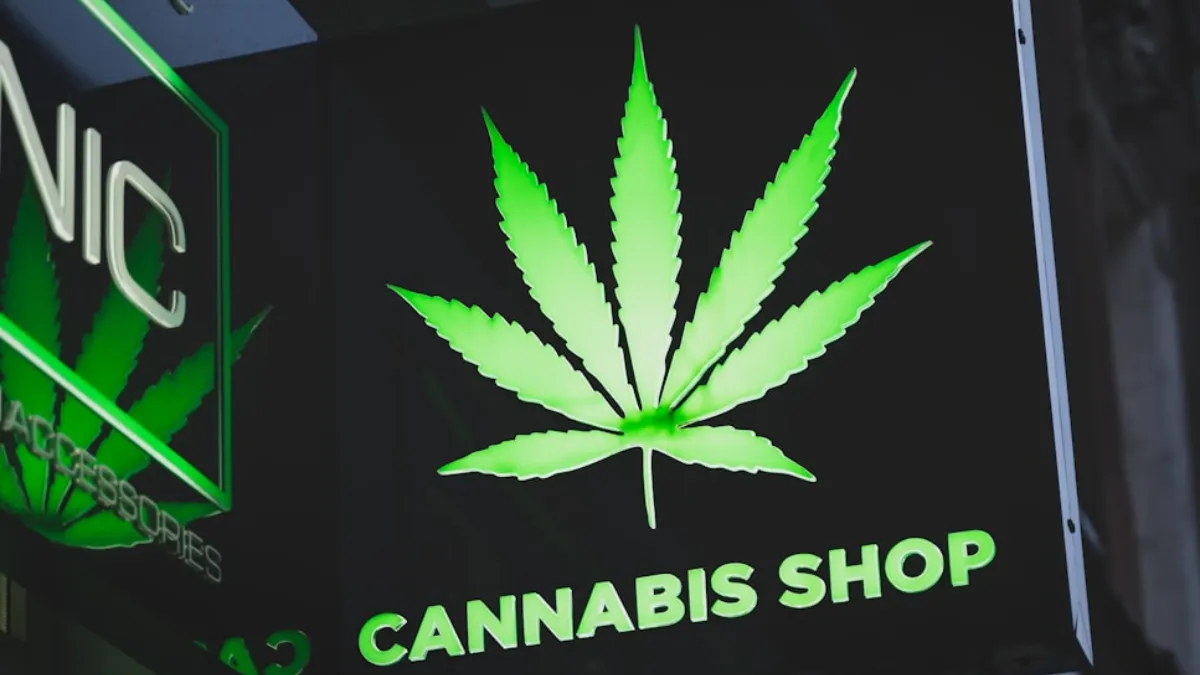Thailand has taken a significant step in revising its progressive cannabis policy, reclassifying cannabis bud as a controlled herb and imposing strict restrictions on its sale and advertising. This move, announced by the Ministry of Public Health, marks a reversal from the country’s earlier liberalization of cannabis in 2022, reflecting growing concerns over public health and unregulated access. As the government tightens control, questions loom over the future of the burgeoning cannabis industry and its impact on both local economies and societal norms in the kingdom.
Policy Reversal: From Liberalization to Regulation
In a decision that has sparked debate across Thailand, the Ministry of Public Health confirmed that cannabis bud, previously decriminalized for medical and recreational use, will now be categorized as a “controlled herb” under the nation’s narcotics laws. This reclassification, effective from early 2025, mandates that sales be restricted to licensed entities and prohibits advertising or promotional activities related to cannabis products. The move follows months of deliberation among policymakers, driven by reports of increased youth access and a surge in unregulated dispensaries popping up across urban centers like Bangkok and Chiang Mai.
“We aim to balance the benefits of cannabis for medical purposes with the need to protect public health” said a spokesperson for the Ministry of Public Health in a statement to local media on December 15, 2024. The spokesperson emphasized that the policy targets recreational misuse while preserving access for patients with legitimate medical needs, though specifics on enforcement remain under discussion.
Thailand made global headlines in June 2022 when it became the first Asian country to decriminalize cannabis, removing it from the list of Category 5 narcotics. The decision was hailed as a progressive step, intended to boost medical tourism and create economic opportunities for farmers in rural areas like Isaan. However, the rapid proliferation of cannabis shops—estimated at over 7,000 nationwide—coupled with lax oversight, has led to widespread criticism. Reports of underage access and concerns over impaired driving have fueled calls for stricter regulations, culminating in this latest policy shift.
Economic Implications for a Nascent Industry
The reclassification of cannabis bud poses significant challenges for Thailand’s fledgling cannabis industry, which has seen rapid growth since decriminalization. Small-scale farmers, particularly in the northeastern provinces, had pivoted to cannabis cultivation as a lucrative alternative to traditional crops like rice and cassava. Dispensaries in tourist hubs such as Phuket and Pattaya have also capitalized on the legal gray area, marketing cannabis-infused products to both locals and international visitors.
Under the new rules, unlicensed vendors face steep penalties, and the cost of obtaining permits could squeeze out smaller players. Industry advocates warn that the restrictions may drive the market underground, undermining the government’s initial goal of fostering a regulated, taxable sector. “This could kill the momentum we’ve built” said Narong Kittikachorn, a cannabis farmer from Buriram province, in an interview with a local outlet. “We invested everything into this crop, and now the rules keep changing.”
Economists estimate that the cannabis industry contributed approximately 28 billion Thai Baht (US$800 million) to Thailand’s economy in 2023, with projections for further growth tied to medical exports and tourism. The new restrictions, however, could halve this figure if smaller businesses collapse under regulatory pressure. Analysts suggest that the government may need to offer subsidies or transitional support to prevent widespread losses, particularly in rural communities reliant on cannabis revenue.
Public Health Concerns at the Forefront
The decision to reclassify cannabis bud stems largely from mounting public health concerns. Health officials have cited studies showing a rise in emergency room visits linked to cannabis use, particularly among young adults. Additionally, the lack of standardized dosing in recreational products has raised alarms about overconsumption and long-term mental health risks.
“We’ve seen an uptick in cases of anxiety and psychosis linked to high-potency cannabis” said Dr. Supattra Boonmee, a psychiatrist based in Bangkok, speaking to a regional health forum last month. Her comments echo broader worries among medical professionals who argue that decriminalization outpaced the development of public education campaigns on safe usage.
Critics of the policy shift, however, contend that reclassification alone won’t address these issues without comprehensive harm reduction programs. Advocacy groups like the Thai Cannabis Network have called for government-funded research into cannabis effects and the establishment of clear guidelines for consumers. They warn that stigmatizing cannabis anew could deter users from seeking help or medical advice.
Political and Social Dimensions
The cannabis policy reversal also carries political weight, as it coincides with broader discussions on drug reform under Prime Minister Srettha Thavisin’s administration. The Pheu Thai Party, which leads the governing coalition, has faced pressure from conservative factions to roll back liberal policies perceived as threatening traditional values. At the same time, progressive lawmakers argue that the reclassification risks alienating younger voters who supported decriminalization as a symbol of modernization.
Public sentiment, as reflected in recent X posts under hashtags like #ThaiCannabis and #DrugPolicy, appears divided. While some users express relief over tighter controls, others decry the move as a step backward. “Why legalize it just to take it away? Make up your mind” wrote one user from Bangkok, capturing a frustration shared by many.
Socially, the policy shift may reshape attitudes toward cannabis in a country where drug use has historically carried heavy stigma. Older generations, particularly in rural areas, remain wary of normalization, associating cannabis with broader societal ills. Younger Thais, however, often view it as a harmless recreational substance or a cultural export akin to kratom, another traditional herb with psychoactive properties.
Regional Context and International Eyes
Thailand’s evolving stance on cannabis is being closely watched by neighboring countries like Malaysia and Vietnam, where drug laws remain stringent. In 2022, Thailand’s decriminalization sparked discussions across Southeast Asia about potential reforms, with some policymakers in Cambodia and Laos exploring medical cannabis as an economic driver. The current rollback, however, may temper such ambitions, reinforcing a regional preference for caution over liberalization.
Internationally, Thailand’s cannabis experiment has drawn interest from markets like Canada and the United States, where legalization has already taken root. Thai officials have hinted at positioning the country as a hub for medical cannabis research, potentially exporting to these markets under strict guidelines. Whether the new restrictions will hinder or help this goal remains unclear, as foreign investors may shy away from a fluctuating regulatory landscape.
Looking Ahead: Balancing Act for Thailand
As Thailand navigates this policy pivot, the government faces the delicate task of balancing public health imperatives with economic and social realities. The reclassification of cannabis bud as a controlled herb signals a cautious retreat from full decriminalization, but it also opens the door to questions about enforcement, equity, and long-term strategy. Will rural farmers and small vendors be supported through the transition, or will they bear the brunt of tightened rules? And how will the public reconcile shifting narratives around a substance once heralded as a symbol of progress?
For now, the streets of Bangkok and beyond buzz with uncertainty, as dispensary owners await clarity on licensing and consumers ponder the future of access. Amid the debate, one thing is clear: Thailand’s cannabis journey is far from over, and its next chapter may define the intersection of tradition and reform in the kingdom for years to come.
















